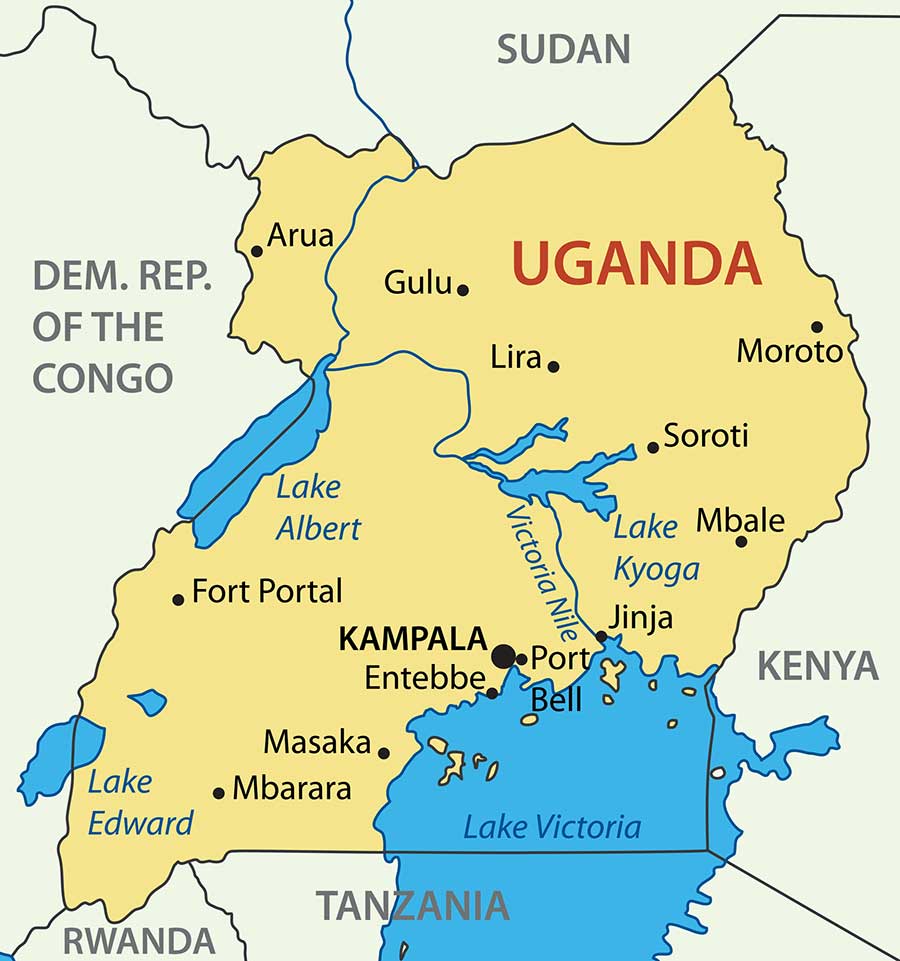Turkiye’s Picking Up Of China’s Uganda Rail Project Ushers In A New Era Of Substitute BRI Financing
The proposed Chinese funding of a US$2.2 billion Ugandan railway has fallen through, with Chinese investors ultimately doubting the viability of the project. The route, originally to link the Ugandan capital Kampala to the border with Kenya, would have linked up with another Chinese-built rail project being built in Kenya, with the aim of improving trade and access between the two countries. Uganda would especially benefit as the country is landlocked, while Kenya has significant seaports.
Uganda has signed a development contract with China Harbor Engineering Company (CHEC), however reports suggest that CHEC had difficulties in persuading Beijing to assist with the financing. Under the terms of the deal, CHEC was due to provide 85% of the project costs, to be later reclaimed against cash flow income from usage.
There have also been issues between Uganda and Kenya concerning the rail links, and legal issues over cross-border train usage. Kenya has only built its section from Mombasa up to Naivasha and not yet engaged with the Uganda border route. It’s still not clear when the third phase connecting Kenya to Uganda will commence, suggesting that Beijing also grew frustrated with intra-African delays in route planning.

The cancellation is not especially surprising given the project realization doubts, and the fact that China is also having to renegotiate numerous BRI-related loans that have been subject to delays, mostly created by Covid and the subsequent push-back of cashflow income to repay the development capital expenditure. A slightly more cautious Beijing is waiting to see some of those delayed loans be secured until further lending against larger projects, being a normal banking – and responsible attitude.
Meanwhile, Turkiye may step in to fill the gap, the first occasion in which it has apparently appeared as a substitute lender for what had originally been a Belt and Road Initiative project. Turkiye is also a member of the Belt and Road Initiative, and its Yapi Merkezi construction company has signed off an MoU with the Ugandan government to assess – but not commit to – the project. This is also of some embarrassment to the European Union, whose ‘Global Gateway’ project financing arm was specifically supposed to provide an alternative to Chinese BRI funding, with a solid commitment to Africa in terms of a pledged €150 billion. It seems the EU isn’t ready to lend to Uganda either.
Three main issues can be deduced from this situation:
- China is placing increasing project viability scrutiny on its BRI lending for the time being, in line with prudent fiscal management;
- The EU’s ‘Global Gateway’ isn’t actually in the running for billion-dollar projects;
- Other regional lenders are prepared to step in to take up what were previously to be BRI funded projects.
Two other possibilities may arise: the Turkish contractor may well partner with Russian contractors to provide assistance to the Uganda rail project – should viability issues be resolved. Russia has huge experience in railway development; is already involved in railway development projects in Africa and recently won railway development contracts in Saudi Arabia.
They could also partner with Chinese sub-contractors and suppliers for the required component parts and even part of the build – meaning a total Chinese rebuttal of the project may not in fact be the result – Beijing perhaps preferring smaller chunks of the Ugandan project instead of taking on the entire responsibility.
The reality is that some combination of both can be expected to occur – with China’s experience in BRI projects and successful loan financing now coming to fruition as earlier infrastructure build yield return on investment results – encouraging China’s other BRI partners, such as Turkiye, to do the same in their own regional backyards.
Related Reading





